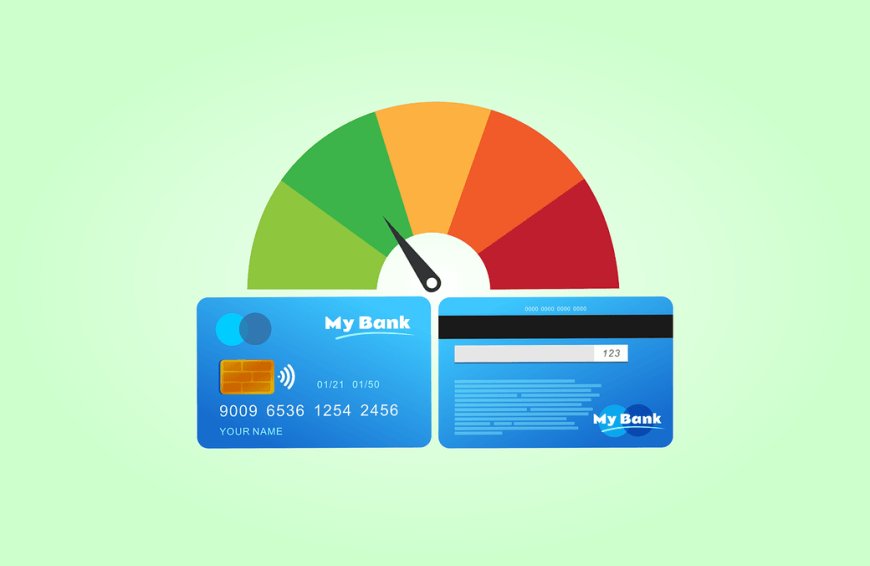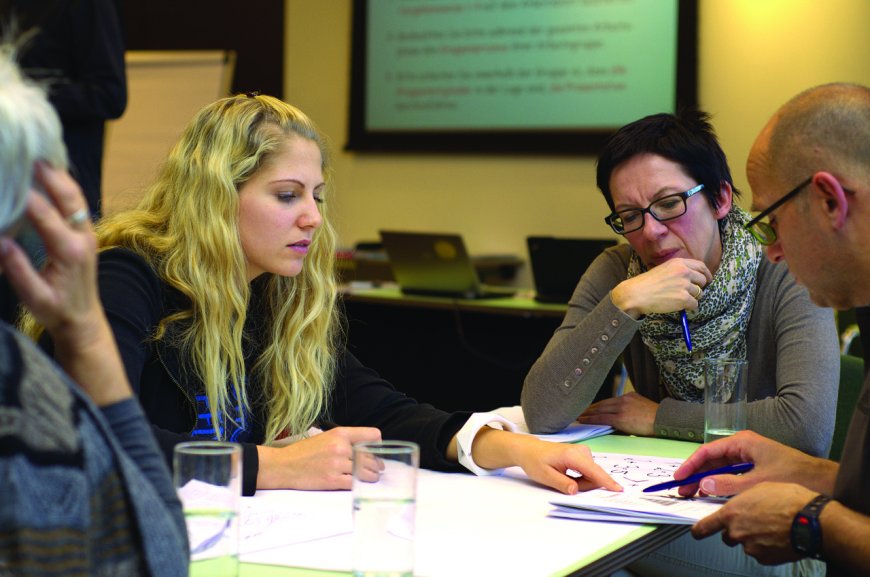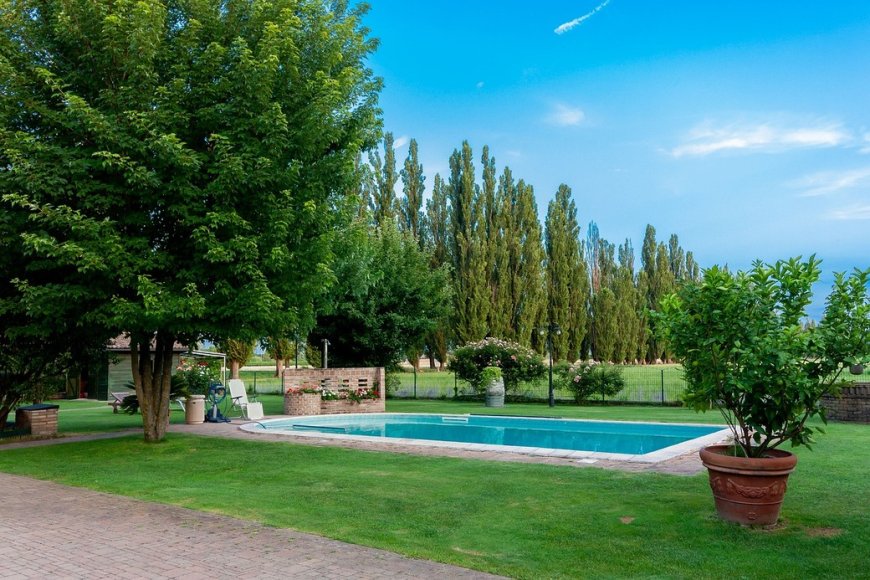How to Buy House without loan
Buying a house without a loan involves paying for the property in full with cash or using alternative financing methods. This approach can save you from mortgage interest, reduce debt, and offer a quicker, more flexible home-buying process.

How to Buy House without loan
Buying a house without taking out a loan can seem like a daunting task, but it’s certainly possible with the right approach, planning, and financial discipline. The key is saving enough money for the full purchase price of the home and finding ways to maximize your resources. Here are several strategies to help you buy a house without a loan:

1. Save Aggressively for a Large Down Payment
- Start early: The earlier you begin saving, the more time you’ll have to accumulate the amount needed to buy a house outright. Aim for at least 20% or more of the house price as a down payment, but in this case, you'll need to save for the full price.
- Cut back on expenses: Create a budget that prioritizes saving for the home purchase. Reduce discretionary spending (e.g., dining out, entertainment) and focus on building your down payment.
- Increase your income: Consider side hustles or taking on extra work to boost your savings rate. Freelance, consult, or start a small business to earn additional income.

2. Invest Wisely to Grow Your Savings
- Low-risk investments: While saving for a home, consider putting your money in low-risk, liquid investment vehicles like high-yield savings accounts or short-term CDs (Certificates of Deposit). This allows you to earn interest without risking your savings.
- Stocks and mutual funds: If you have a longer time horizon before purchasing the house, consider investing in stocks or mutual funds to potentially grow your savings. However, this comes with more risk and you need to be prepared for market fluctuations.

3. Live Below Your Means
- Adopt a minimalist lifestyle: Consider downsizing your living arrangements to reduce monthly expenses, allowing you to save more quickly for the house. You might rent a cheaper place, live with family, or eliminate non-essential expenses.
- Avoid luxury purchases: Resist the urge to splurge on luxury items or experiences that could delay your goal of buying a house outright. Focus on long-term financial independence and wealth-building instead.

4. Sell or Liquidate Assets
- Sell unused items: Look for items around your house or storage that you no longer need or use. Selling these items online (e.g., through eBay, Facebook Marketplace, or Craigslist) can generate extra cash to put toward the purchase of a home.
- Liquidate investments: If you have investments (stocks, bonds, mutual funds, etc.) that you can sell, consider cashing them out to contribute to your house purchase. This could also include selling other non-essential assets like a car or collectibles.

5. Consider Buying a Smaller, Less Expensive Property
- Start small: If buying a large home seems out of reach, consider buying a smaller, more affordable property. A smaller house or a condo may be more achievable without taking out a loan and could serve as a stepping stone for future property investments.
- Location matters: Properties in more affordable areas may allow you to save up enough for a full purchase. Consider less expensive neighborhoods, cities, or even rural areas where prices may be lower.

6. Buy a Property with Cash from a Business or Inheritance
- Use business profits: If you own a business, using the profits from your business to buy property is a viable option. Many entrepreneurs build their wealth through their businesses and can use the cash flow to purchase a home outright.
- Inheritance: If you are fortunate enough to inherit money or property, you could use that wealth to buy a house without taking a loan.

7. Explore Seller Financing
- What is seller financing?: In seller financing, the seller of the property acts as the lender. You and the seller agree on the terms of the financing, and you make payments directly to them instead of going through a traditional bank or mortgage lender.
- How to do it: Find homes that are available through seller financing. This option may be more flexible than traditional bank financing and can help you purchase a property without a conventional loan.
- Negotiate terms: Since seller financing is not bound by bank policies, you might be able to negotiate more favorable terms, such as lower interest rates or longer repayment periods.

8. Use a Family Loan or Gift
- Family loan: If you have a family member who is financially secure, they may be willing to lend you the money to buy a house. You can agree on repayment terms that are more favorable than those offered by a bank.
- Gift funds: Another option is receiving a gift from a family member or close friend to help with the house purchase. This is often allowed by mortgage lenders, but it can also be a viable option if you’re buying without a loan.

9. Look for Special Programs or Grants
- Government assistance programs: Some countries, states, or cities offer homebuyer assistance programs that could help you purchase a home. These programs may provide grants, no-interest loans, or subsidies to help you buy a home without traditional financing.
- Down payment assistance: Look into local programs that offer down payment assistance or reduced costs for first-time homebuyers, which can help reduce the amount you need to save to buy the house outright.

10. Use Passive Income or Rental Income to Save
- Generate passive income: Develop a stream of passive income (through investments, online businesses, or real estate) and use this money to fund your house purchase. If you earn rental income, dividends from stocks, or income from an online business, you can save up for the full purchase price faster.
- Rent out a room: If you already own a smaller property, consider renting out part of your home or property to generate extra income. This income can go directly toward saving for a new home.

11. Negotiate a Better Deal
- Be prepared to negotiate: You don’t always have to pay full price for a house. Look for deals where the seller is motivated to sell quickly, such as in foreclosure, estate sales, or properties that need renovation. You may be able to purchase the property at a discounted price.
- Buy directly from the owner: Purchasing property directly from an owner, rather than through an agent, can help you negotiate a better deal and potentially avoid extra fees and commissions.

12. Buy Land and Build a House
- Buy land first: If buying an existing house is out of reach, consider purchasing land and building your own home. The cost of land may be lower than a finished property, and you can manage the construction costs to match your budget.
- Do it yourself: If you have construction skills or can hire affordable labor, building your own house can save you money and allow you to buy a home without taking on a mortgage.
Final Thoughts:
Buying a house without a loan requires patience, discipline, and resourcefulness. Whether you’re saving aggressively, liquidating assets, or leveraging family support, the key is to maintain a clear focus on your goal. Start early, plan ahead, and explore creative ways to reduce your expenses, increase your income, and save toward your goal of homeownership.
It may take time to accumulate the necessary funds, but the freedom and peace of mind that comes with owning a home outright, without debt, can be well worth the effort.
What's Your Reaction?





































